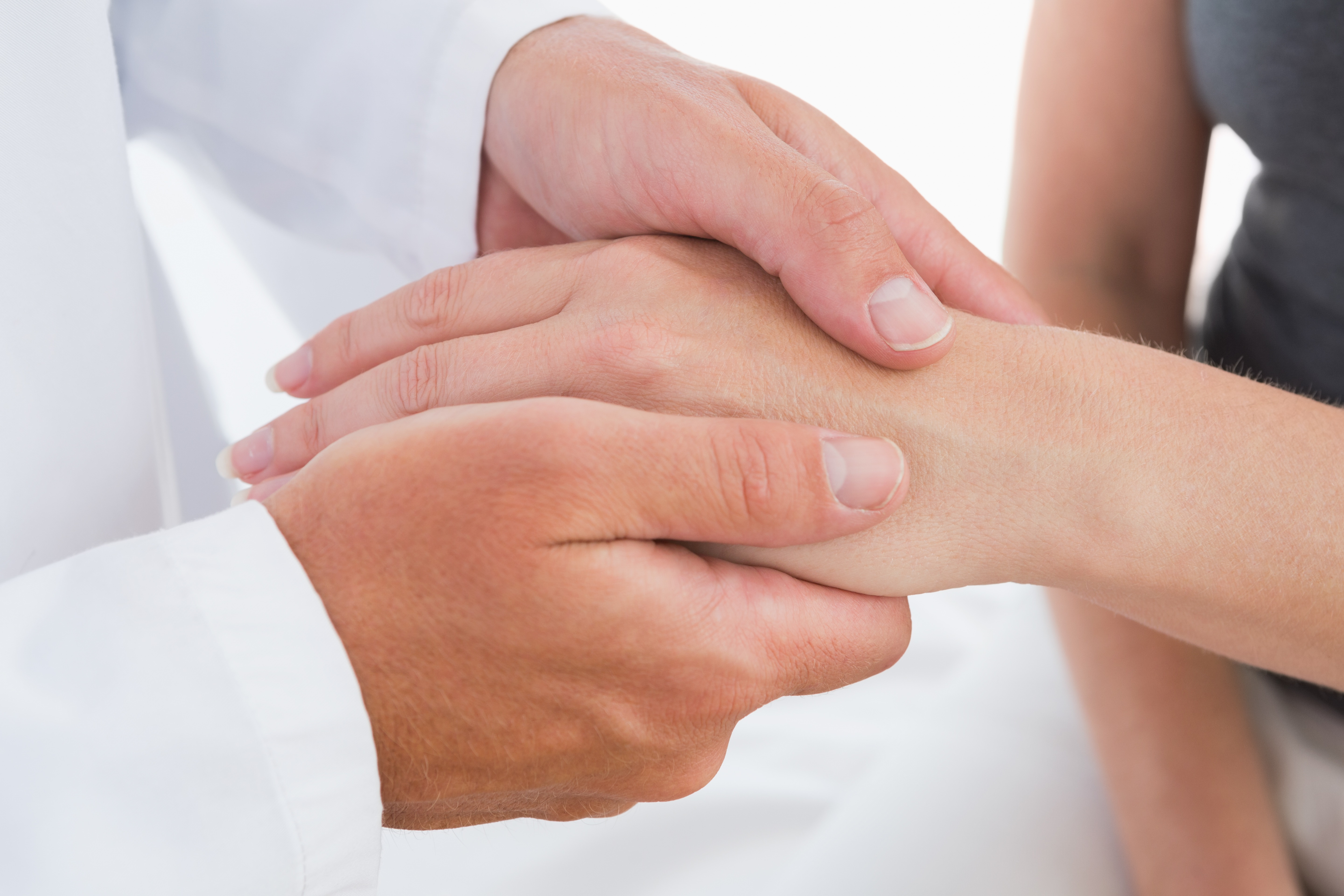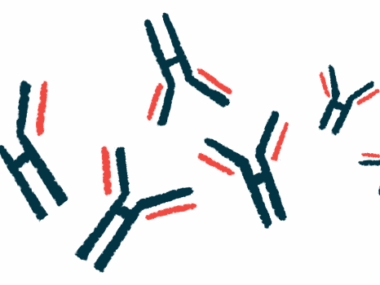2-Year Data on Scleroderma Hand Dysfunction Therapy Being Presented at SSc World Congress
Written by |

Cytori Therapeutics recently announced its participation in the 4th World Systemic Sclerosis World Congress taking place Feb. 18-20, 2016, in Lisbon, Portugal.
In a presentation titled “Treating Scleroderma of the Face and Hands with Fat and Stromal Vascular Fraction,” Professor Guy Magalon from the Assistance Publique des Hôpitaux de Marseille (APHM) will present and discuss data regarding a two-year follow-up of 12 patients with hand dysfunction associated with scleroderma and treated with Cytori Cell Therapy in the pilot study SCLERADEC-I. The Saturday, Feb. 20, presentation will be part of a session focusing on “Emerging Therapies,” chaired by Dr. James Seibold and Professor Kazuhiko Takehara.
The SCLERADEC-I clinical trial evaluated for the first time the efficacy, safety, and tolerability of Cytori Cell Therapy (ECCS-50), which is injected subcutaneously into the fingers of scleroderma patients who have experienced hand dysfunction due to the disease.
ECCS–50 was developed and prepared, according to European regulations, in the Cell Therapy Department of APHM by a team led by Professor Florence Sabatier.
Results from the SCLERADEC-I pilot study were previously published and indicated that patients treated with a single administration of ECCS-50 showed significant improvements in hand function and Raynaud’s phenomena, a disease that affects the blood vessels mostly in the fingers and toes, one year after treatment.
Cytori is now conducting two further studies, the STAR and SCLERADEC-II clinical trials. Both are a result of the positive effects observed in the pilot trial and both aim to recruit more patients, 40 patients for SCLERADEC-II and 80 patients for STAR, and include a placebo control group.
The STAR study is a U.S. Food and Drug Administration-approved Phase 3 trial that aims to investigate the efficacy and safety of ECCS-50 delivered through a Celution Device. The treatment begins with the harvesting of adipose tissue though small volume liposuction in order to isolate and concentrate adipose-derived regenerative cells (ADRCs), and then administers these cells to the fingers of the patients. SCLERADEC-II is a Phase 2 trial testing the efficacy of through subcutaneously injection.
The studies, recruiting in the U.S. (STAR) and France (SCLERADEC-II), will be a highlight for the company at booth No. 3 at the Systemic Sclerosis World Congress, where representatives will be available to answer questions about the clinical studies and the recently announced ECCS-50 Managed Access Program.





